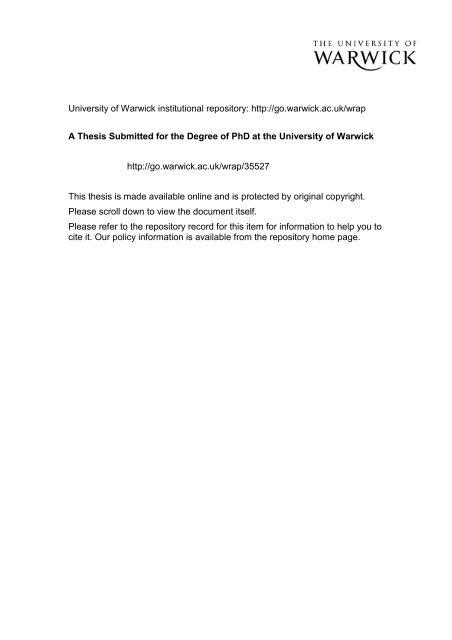South Africa Retracts Controversial Legal Amendments: What This Means for the Nation’s Future
In a notable policy shift, South Africa’s government has officially withdrawn a set of proposed legal reforms that had ignited nationwide protests and intense public scrutiny. These amendments, which sought to transform key areas such as land tenure and natural resource governance, encountered strong opposition from diverse groups-including civil society organizations, political factions, and everyday citizens-who feared adverse social and economic consequences. This reversal highlights the government’s responsiveness amid growing concerns about inequality and structural change within the country. Business Tech explores the broader impact of this decision on governance, economic stability, and reform trajectories in South Africa.
Impact on South Africa’s Economic Environment: Stability Restored Amid Uncertainty
The government’s withdrawal of these contentious legislative proposals has been met with cautious optimism across South Africa’s business sector. Many enterprises-especially small to medium-sized businesses-had anticipated that the new laws would introduce costly compliance requirements and operational complexities. The retraction now offers several advantages:
- Renewed Market Certainty: Companies can strategize with greater confidence without fearing sudden regulatory upheavals.
- Investor Reassurance: The move may rekindle foreign direct investment interest by reducing perceived political risk.
- Resource Optimization: Businesses can focus efforts on adhering to existing regulations rather than diverting resources toward adapting to untested legal frameworks.
This development also raises important questions about how future legislation will be crafted in alignment with both economic growth objectives and social equity goals. Constructive dialogue between policymakers and industry leaders will be essential for fostering an environment conducive to sustainable development while balancing competing interests.
Diverse Stakeholder Perspectives: Navigating Support and Criticism
The announcement has elicited a spectrum of reactions reflecting South Africa’s complex socio-political landscape. On one hand, many business executives have welcomed the decision as a relief from potential disruptions that could have dampened entrepreneurship and investment climate stability. They view this moment as an opportunity for enhanced collaboration between government bodies and private sector actors aimed at long-term prosperity.
Conversely, numerous activist groups express disappointment over what they perceive as missed opportunities for meaningful reform addressing systemic inequalities entrenched in land distribution policies. Civil society advocates emphasize that withdrawing legislation should not equate to abandoning necessary transformation but rather signal a call for more inclusive policymaking processes going forward.
- Business Associations: “The government’s reconsideration is encouraging; we look forward to engaging constructively on future initiatives.”
- Labor Representatives: “While supportive of halting these changes temporarily, we urge inclusion in shaping equitable labor-related reforms.”
- Civic Activists: “This is merely an initial step; sustained pressure is needed so community voices influence policy outcomes.”
Navigating Future Legislative Processes: Strategies for Inclusive Engagement
The recent episode underscores the necessity for proactive stakeholder involvement throughout legislative cycles in South Africa. To enhance advocacy effectiveness moving forward, consider adopting these approaches:
- Cohesive Partnerships: Build coalitions among businesses, NGOs, labor unions, and grassroots organizations to present unified positions during consultations.
- Evidenced-Based Advocacy: Utilize robust data analytics alongside case studies demonstrating real-world impacts to strengthen arguments during negotiations.
- Civic Education Initiatives: Implement awareness campaigns clarifying how proposed laws affect daily lives-empowering citizens with knowledge fosters informed participation.
Apart from traditional methods, digital tools wield significant potential in amplifying outreach efforts through strategies such as those outlined below:
| Engagement Strategy | Description & Benefits |
|---|---|
| Dynamically Leveraging Social Media Platforms | Harness Twitter threads or Facebook groups dedicated to legislative topics enabling real-time discourse while gauging public opinion trends effectively. |
| User-Friendly Online Petitions | Mobilize citizen support by facilitating easy access petitions articulating clear demands or objections related directly to pending bills. |
| Interactive Virtual Forums & Town Halls | Host live-streamed sessions where constituents engage policymakers directly fostering transparency plus immediate feedback loops. |

